Lab Testing by Product
Cannabis Testing
For Florida Medical Marijuana Treatment Centers (MMTCs)
Hemp Testing
For hemp growers, producers, and brands nationally and in 16+ countries
Mushroom Testing
For psilocybin, functional, and Amanita brands worldwide
Kratom Testing
For kratom growers, producers, and brands worldwide
Testing Panels
Potency Testing
Quantifying essential alkaloids across hemp, cannabis, kratom, and mushrooms.
Terpene Profiling
Measuring 38 hemp and cannabis terpenes.
Purity Analysis / Safety Testing
Ensuring products are safe & free from common adulterants.
Beverage testing
Ensure your infused drinks are pure, potent, and flawlessly consistent.
All testing services
Learn about our 30+ lab tests across all product types.
Compliance Testing
Florida Cannabis Compliance Panel
For state-certified MMTCs
USDA Hemp Compliance Panel for Growers
Pre and post-harvest testing for hemp cultivators nationwide
National Hemp Compliance Panel for Final Products
For brands selling end-products online and across multiple states.
Amanita muscaria Compliance Panel
For Amanita brands who want to comply with DEA standards





.png)








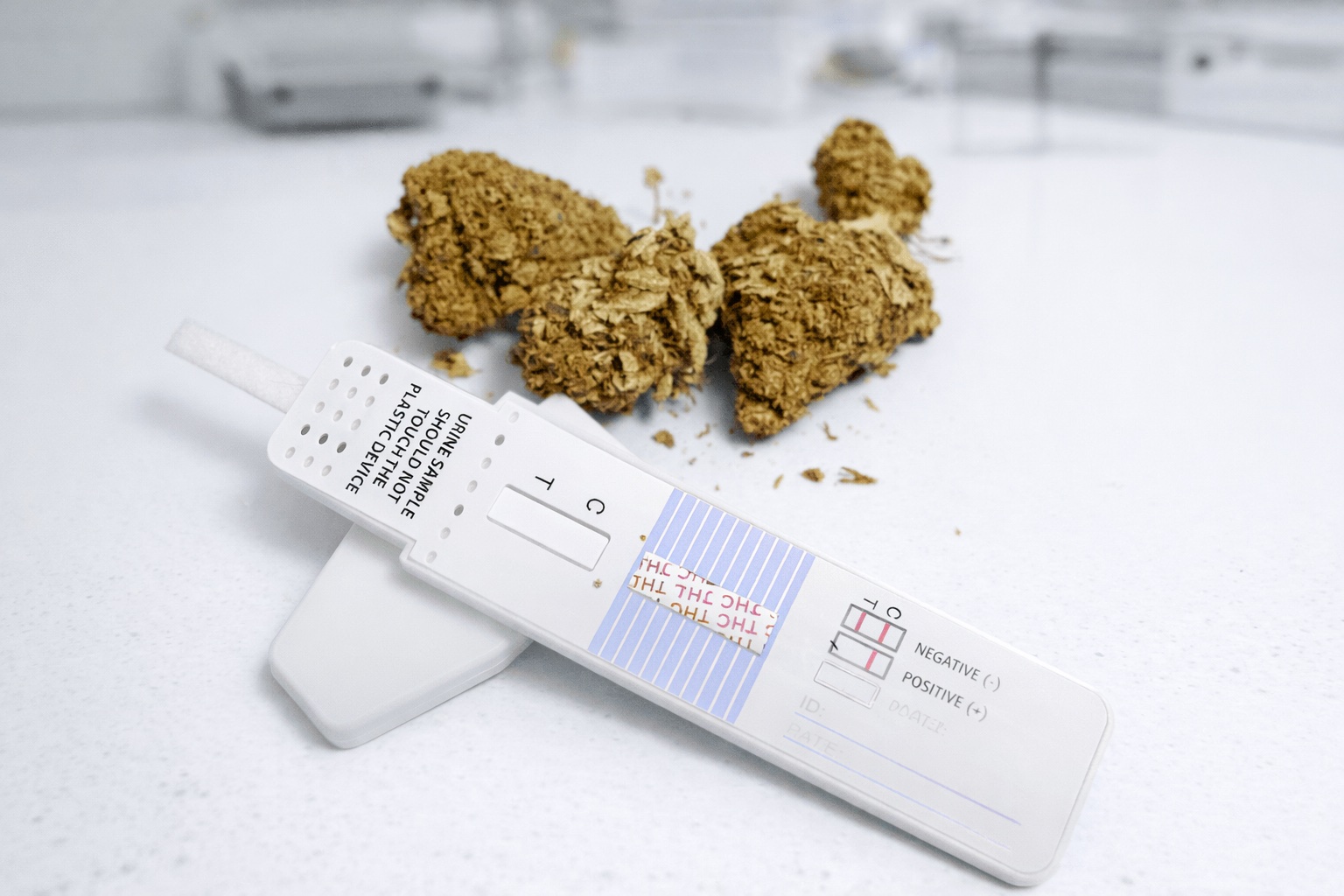

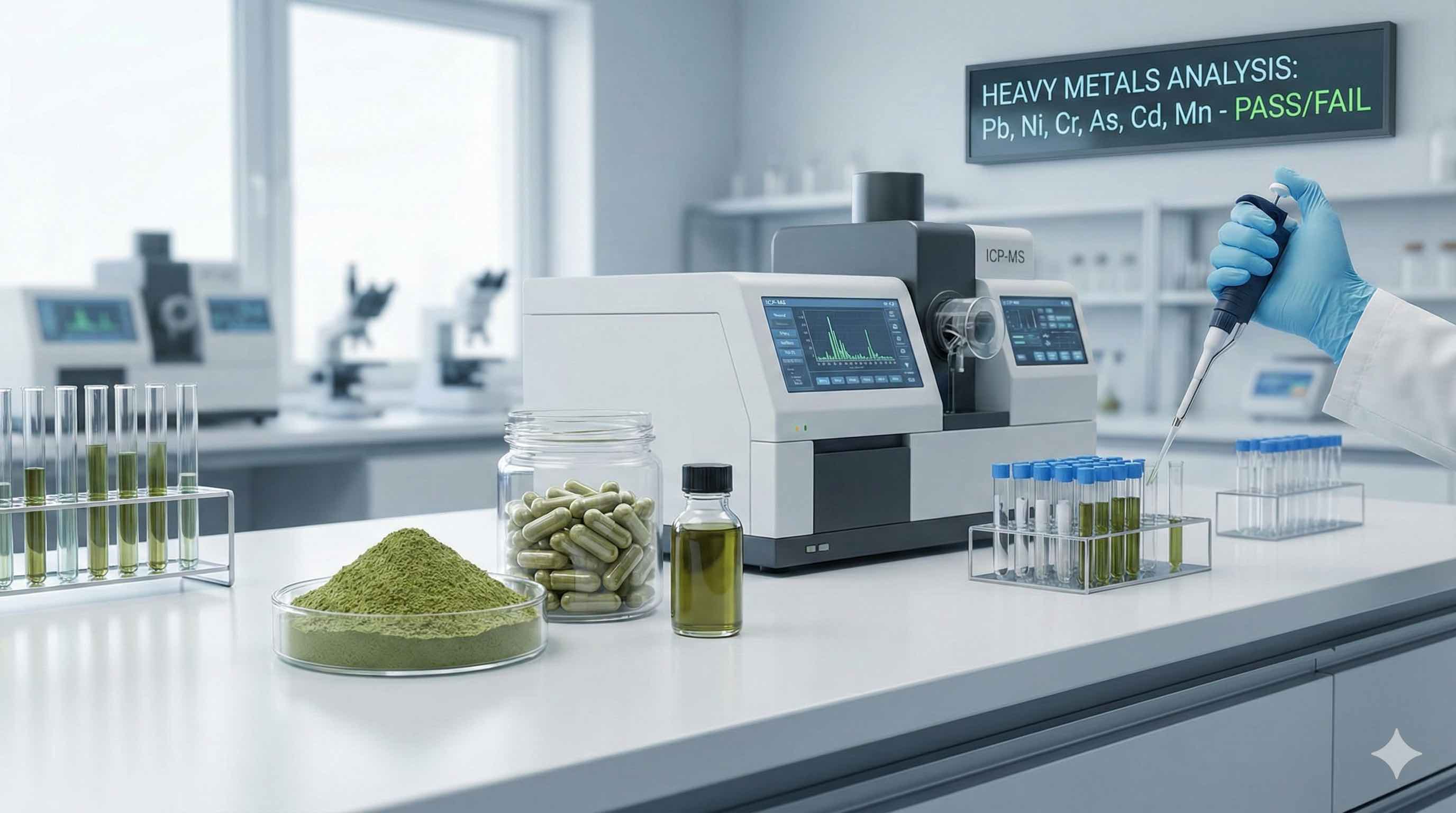
.jpg)
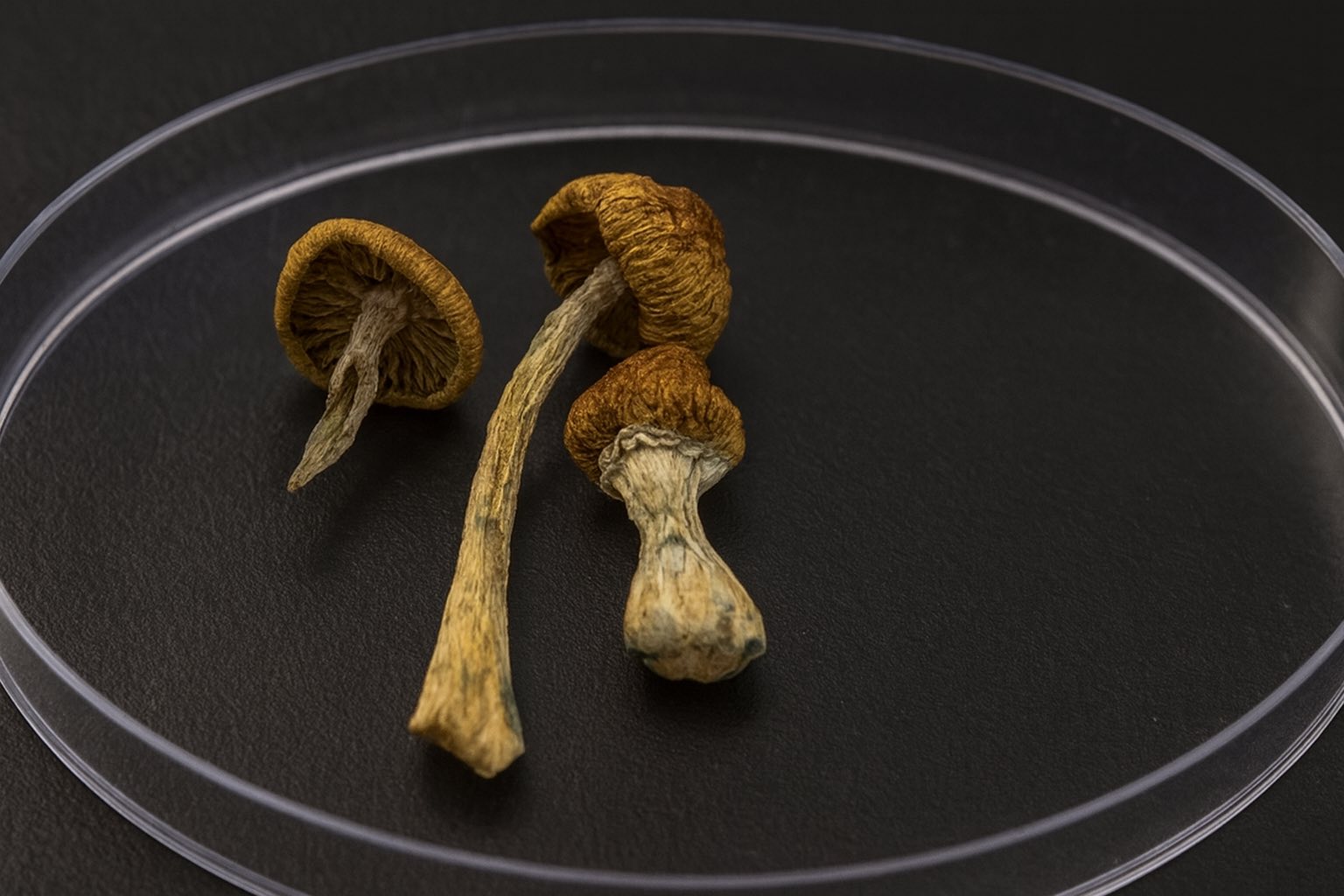
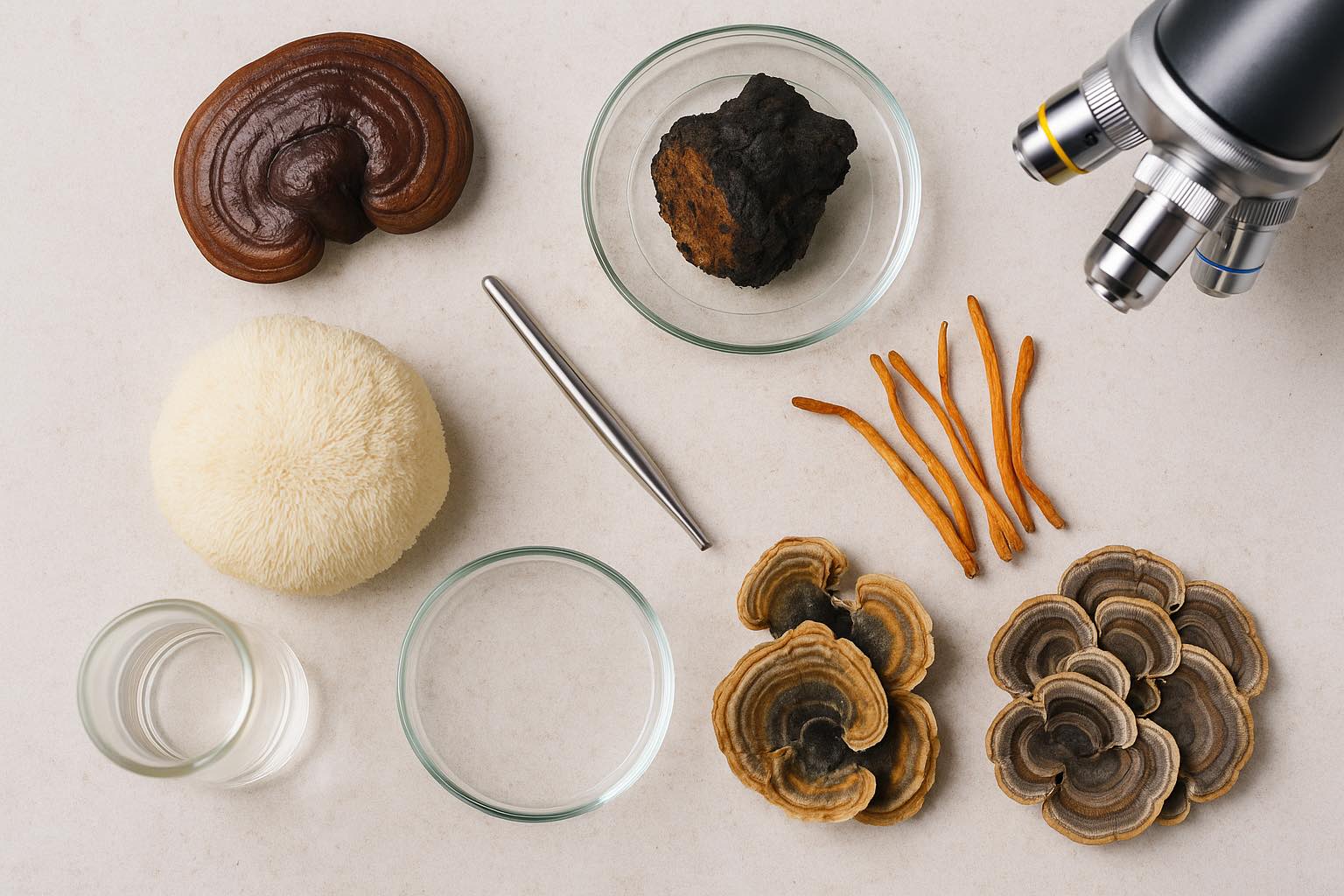
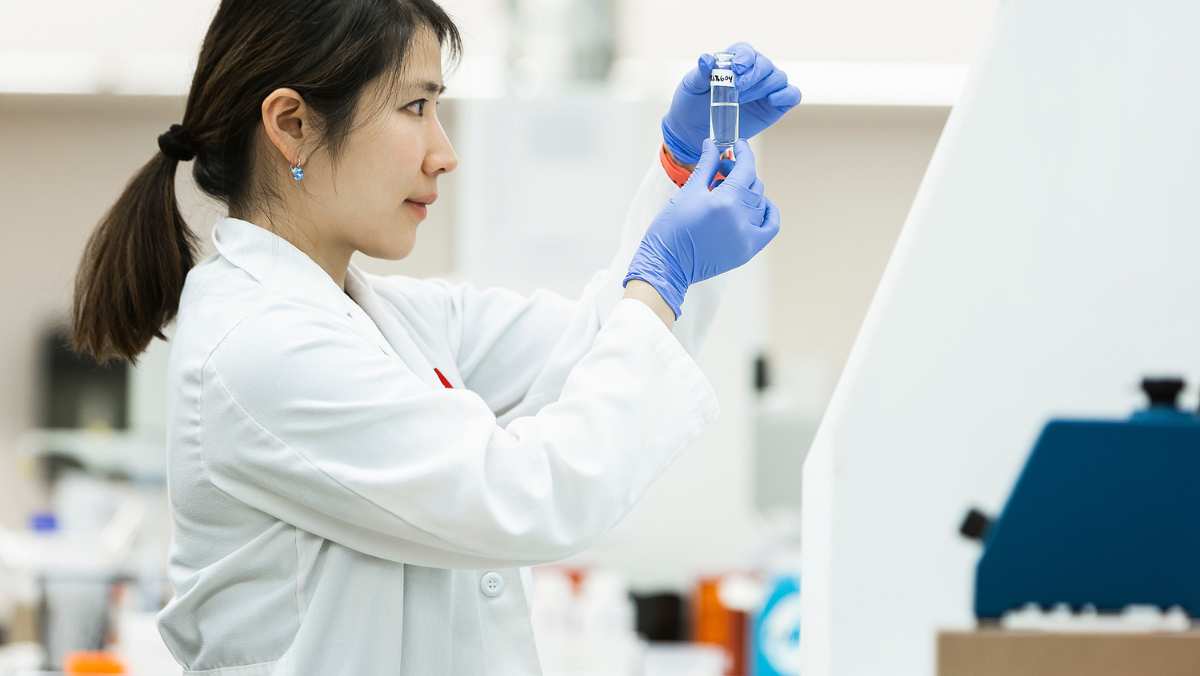
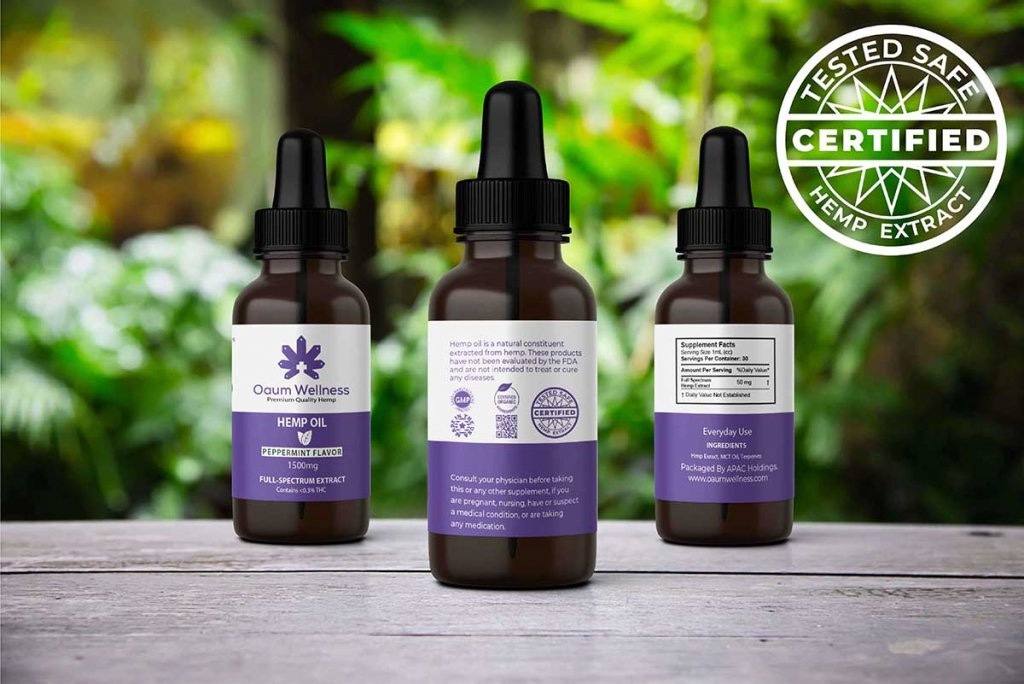
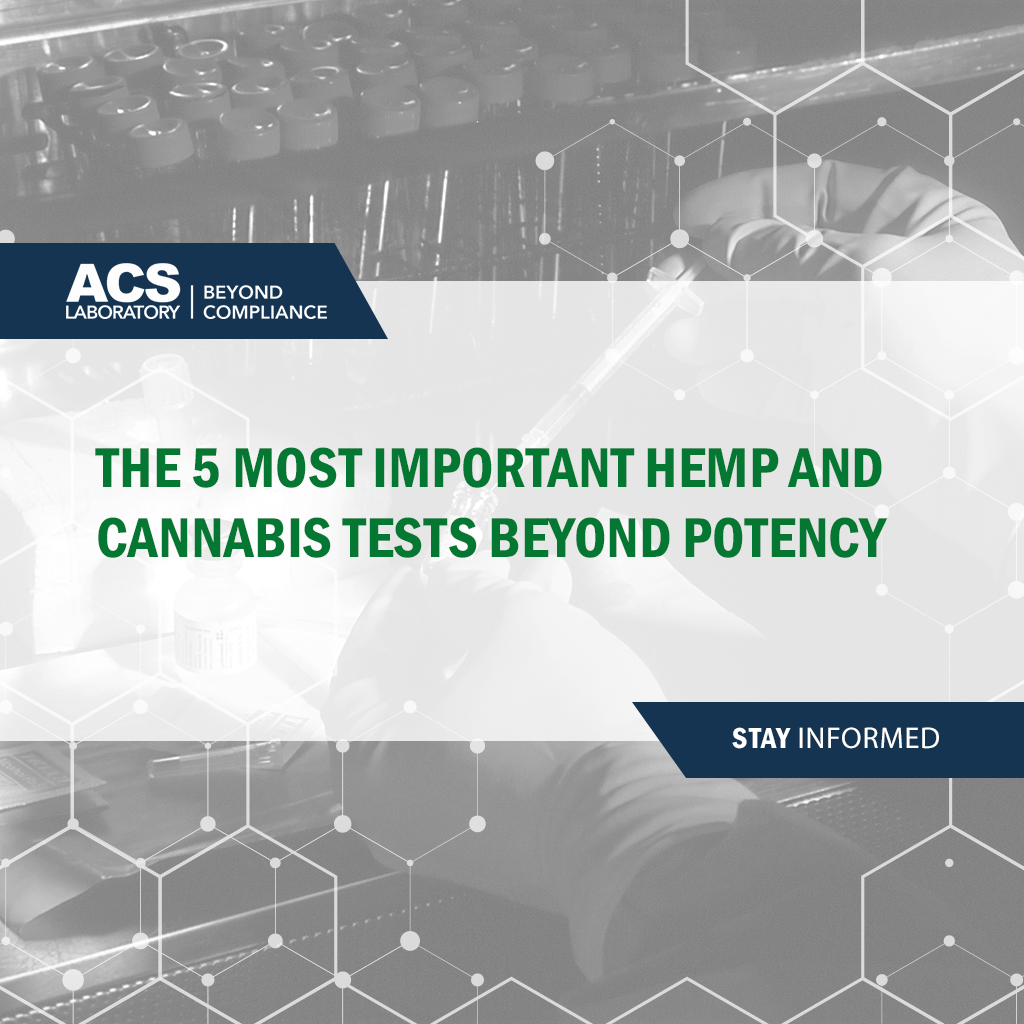
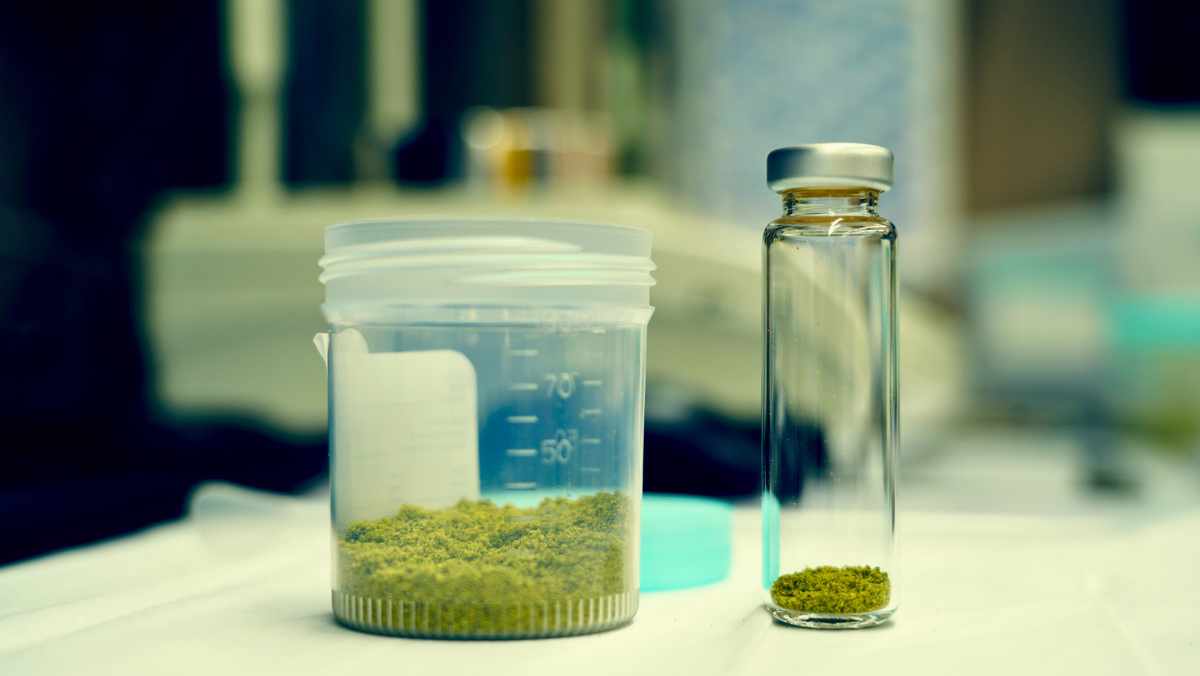
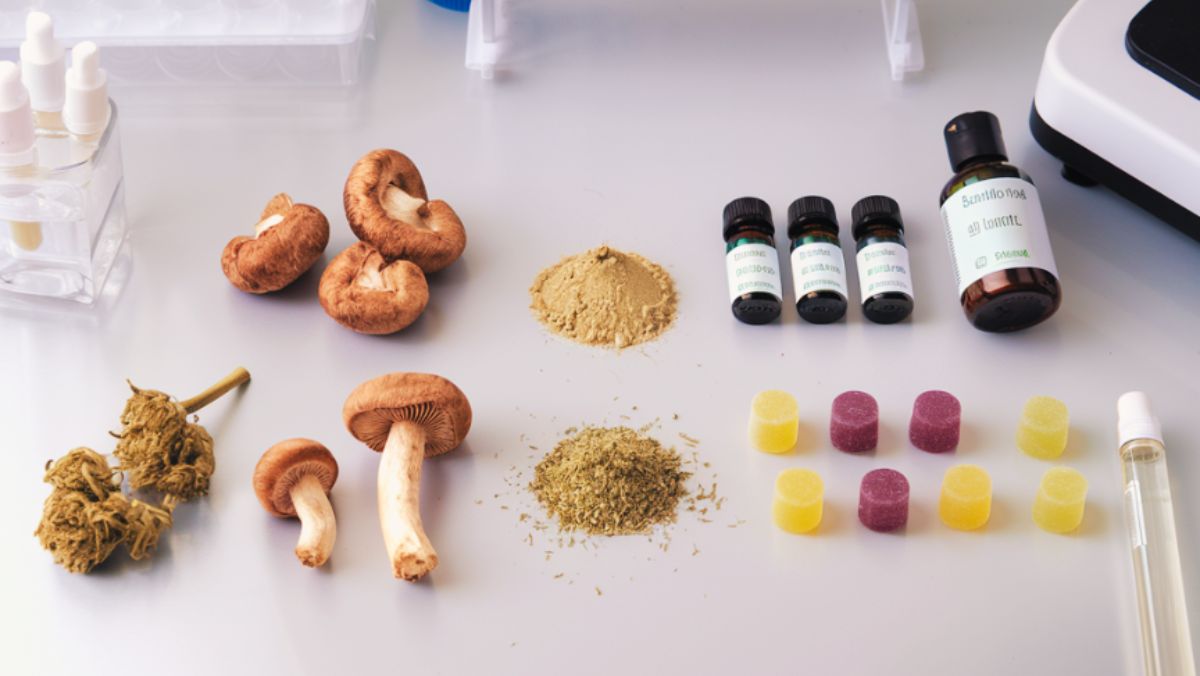
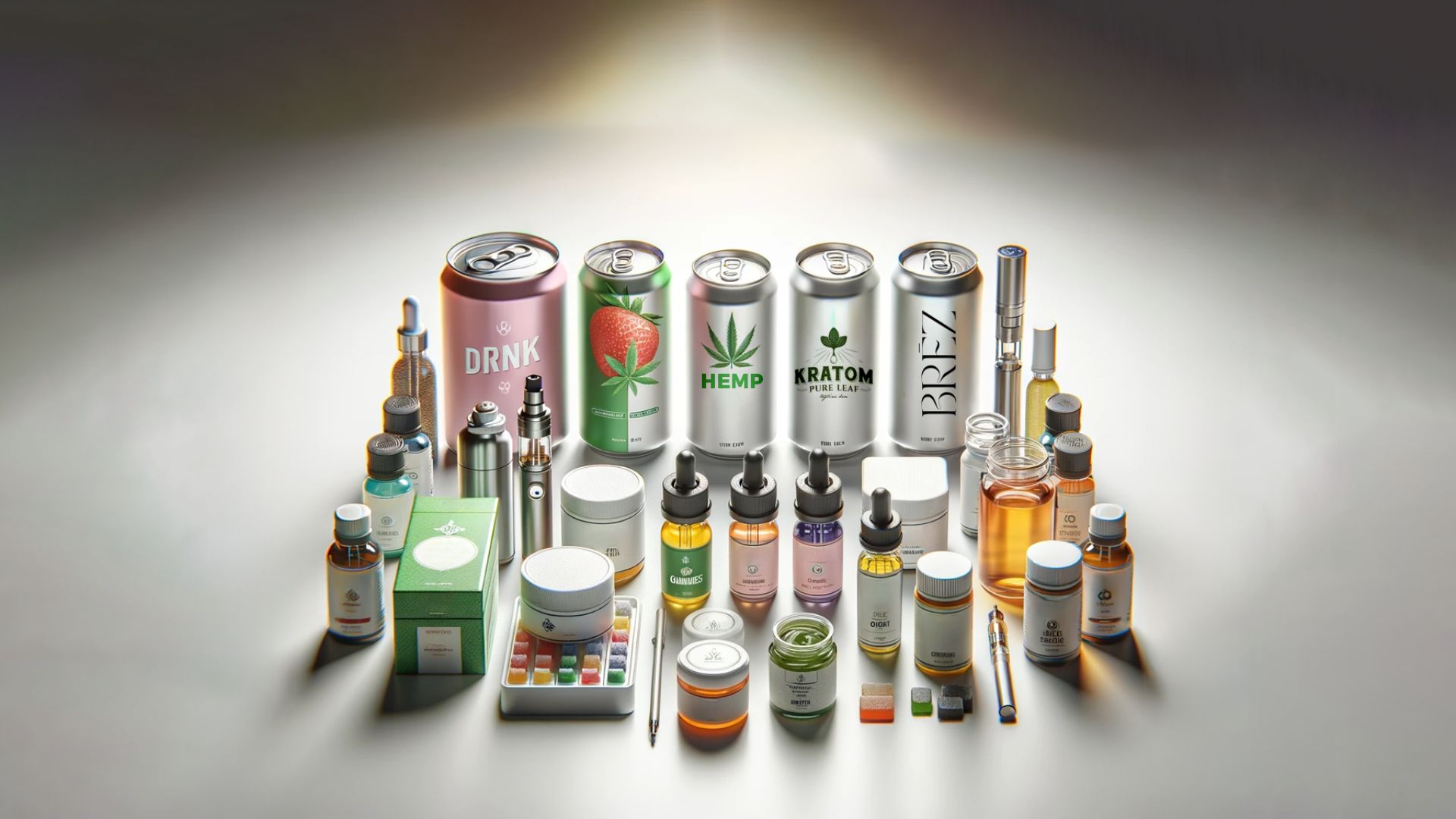
.jpeg)
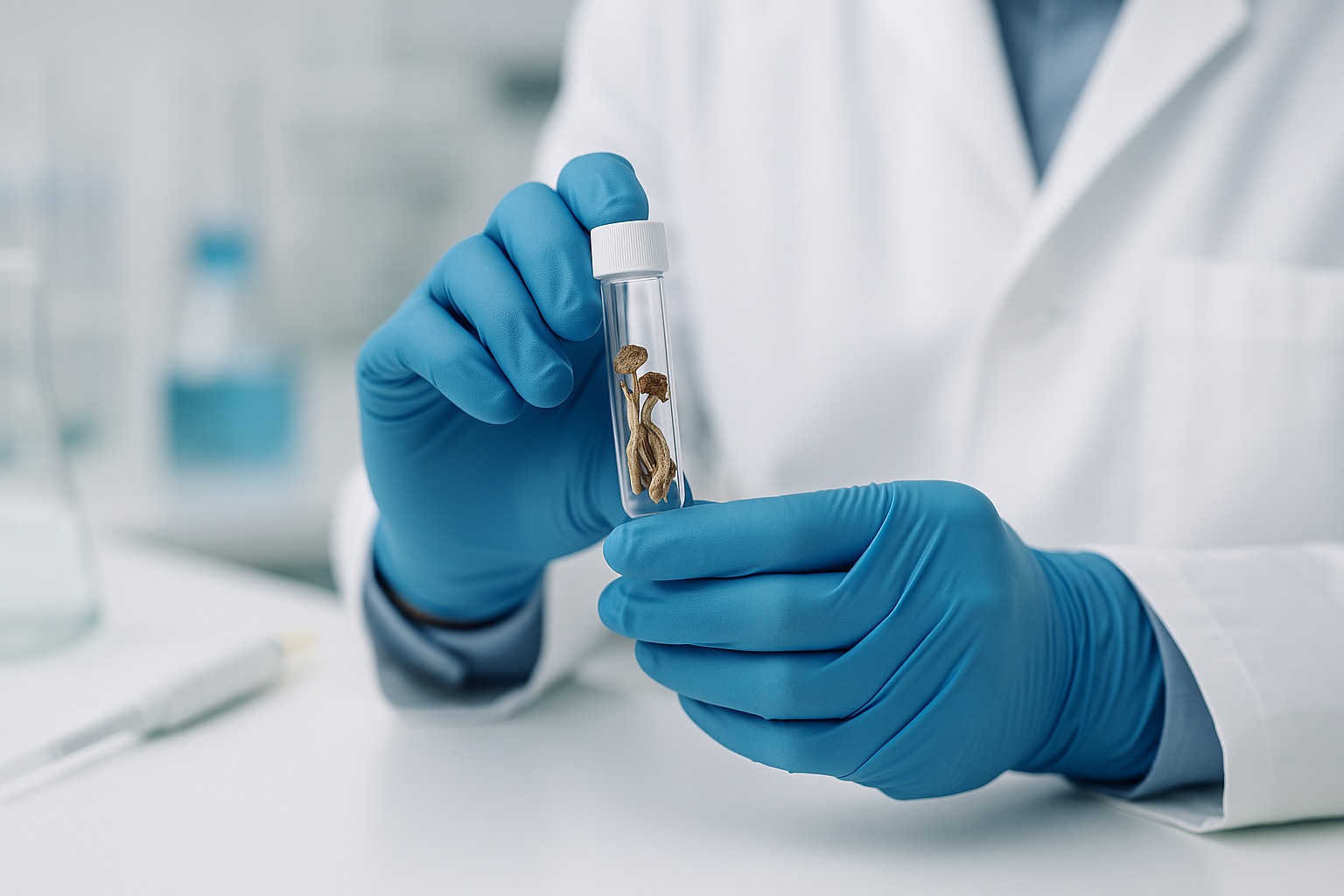






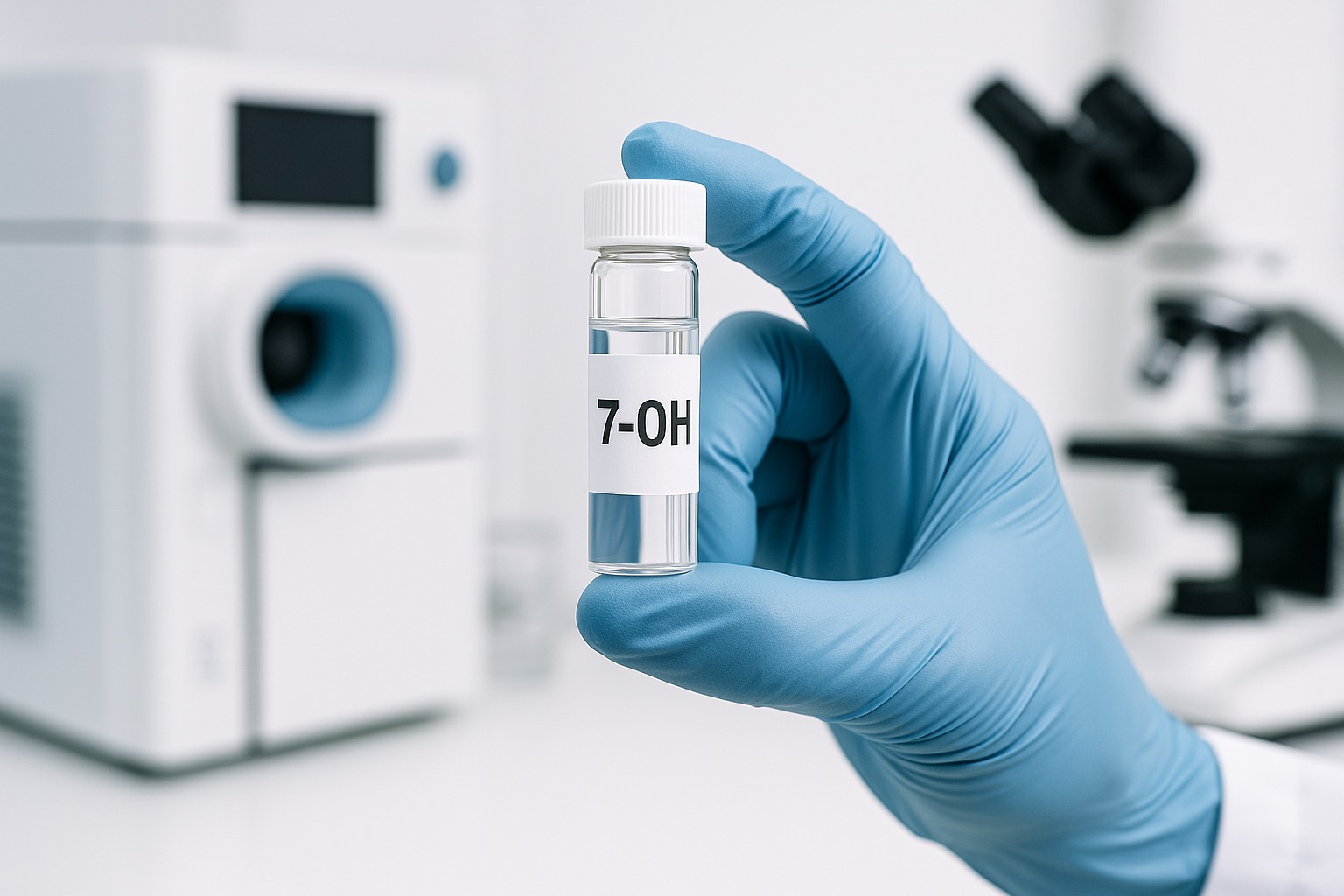
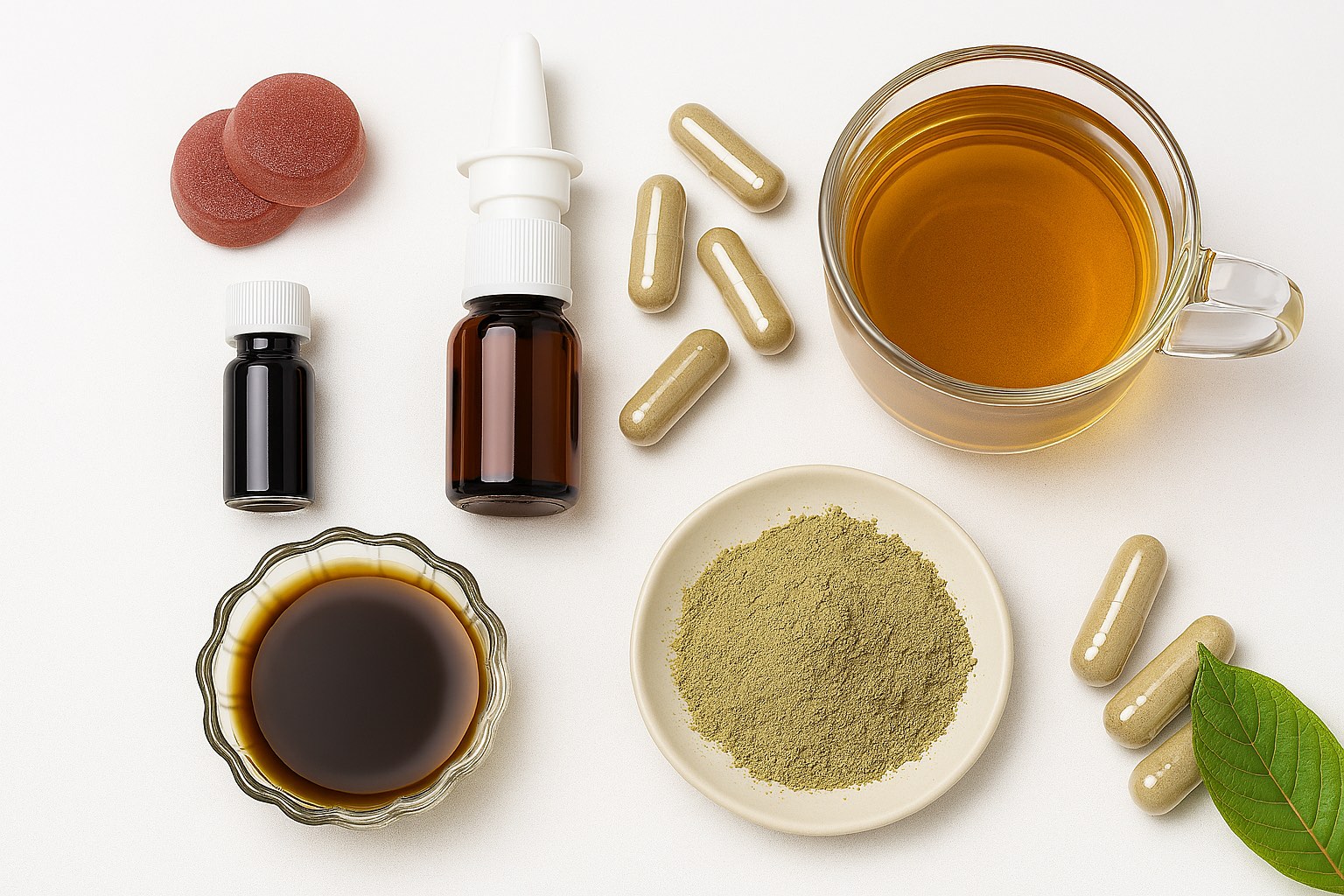

.jpg)




.jpg)

.jpg)

.jpeg)
.jpg)












.jpg)














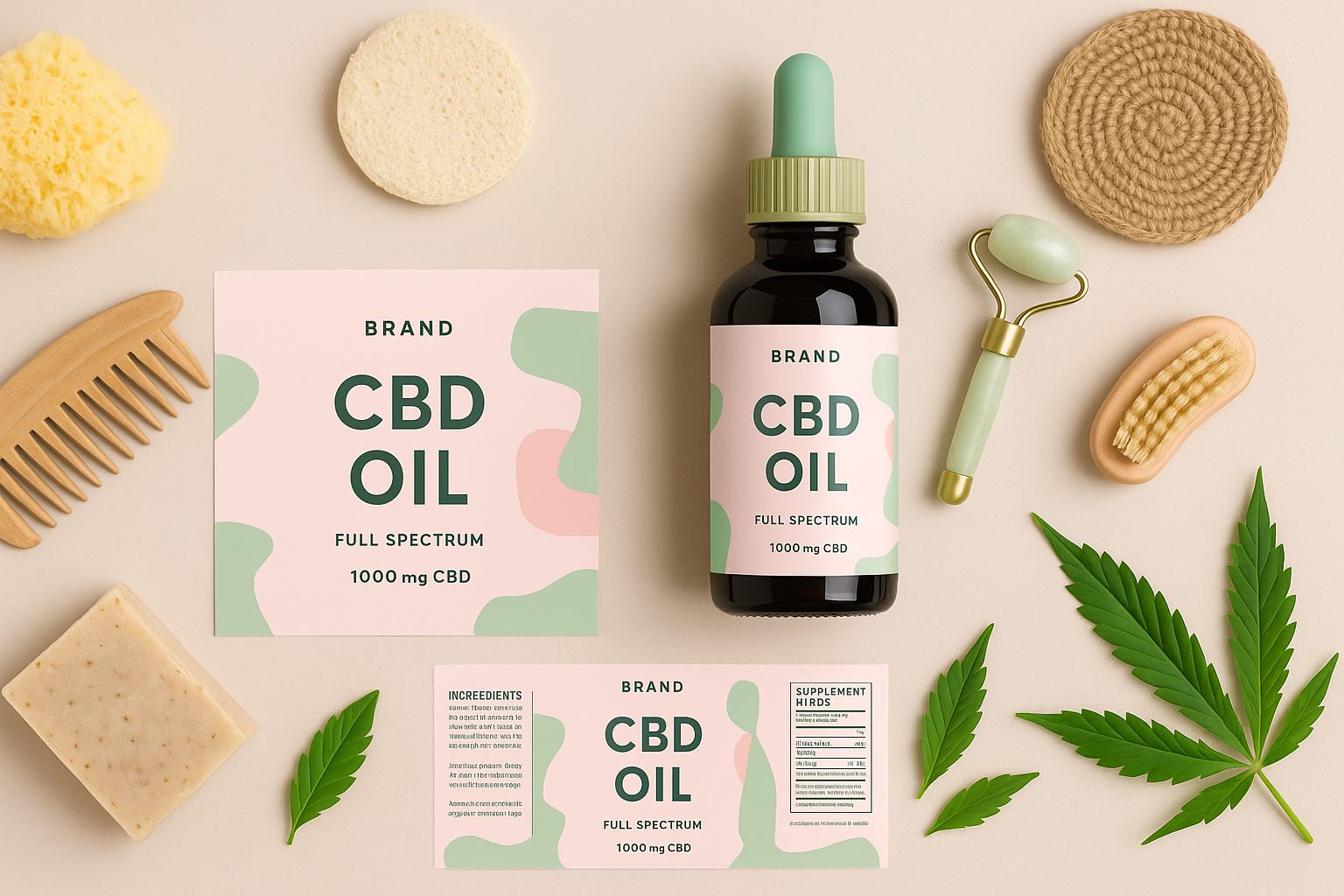






.jpg)



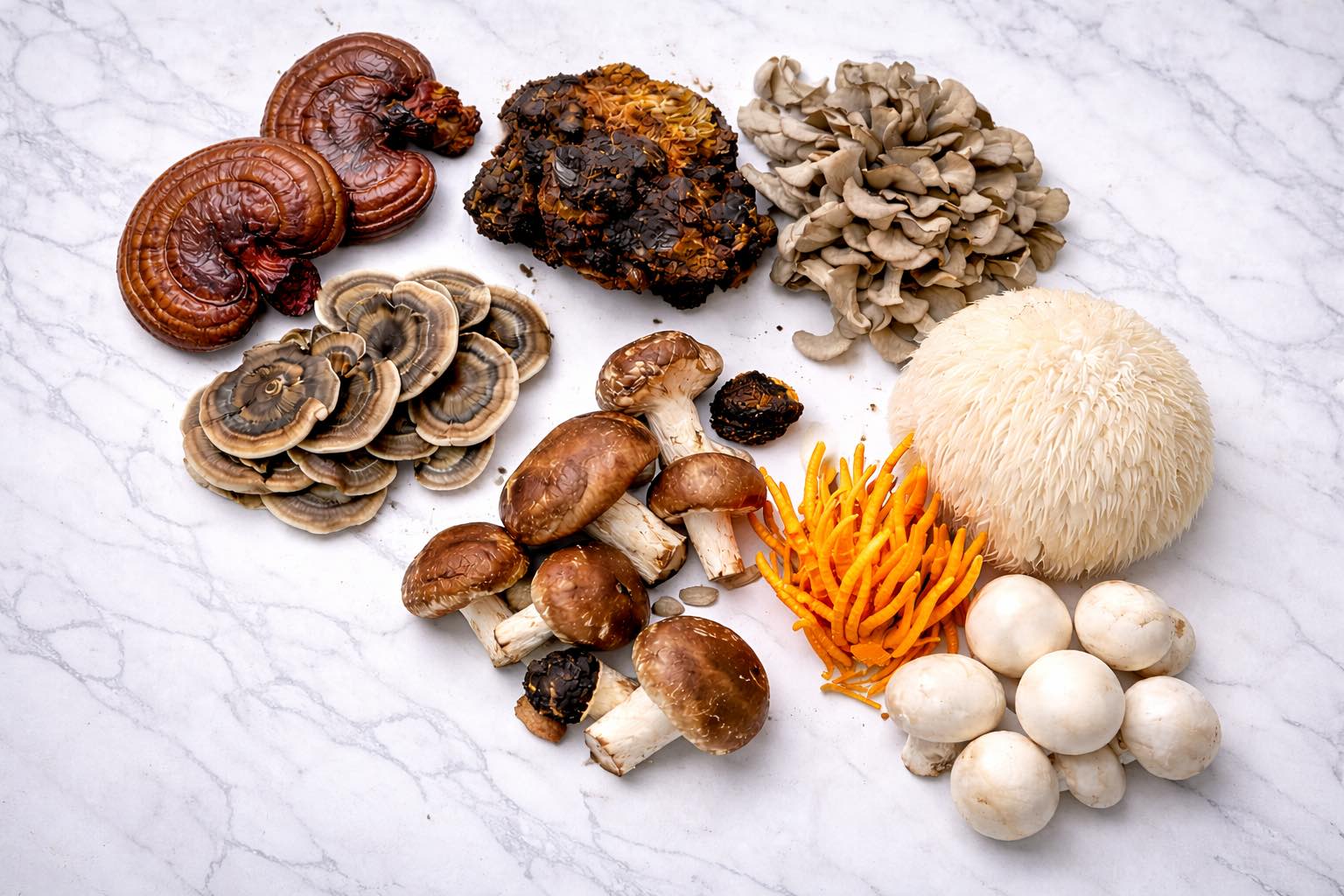

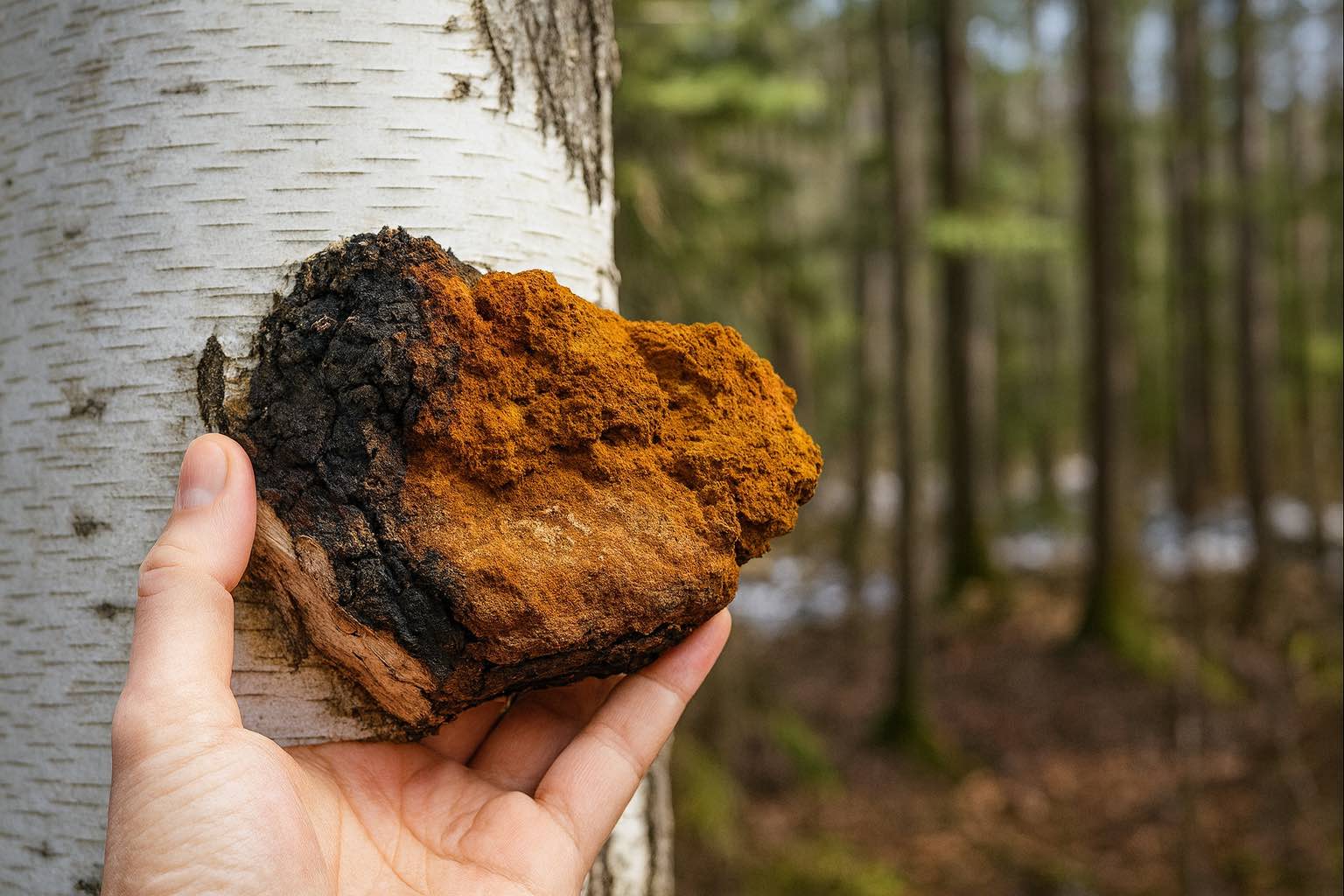












.jpg)






.jpg)


.jpg)



.jpeg)


.jpeg)



.jpeg)
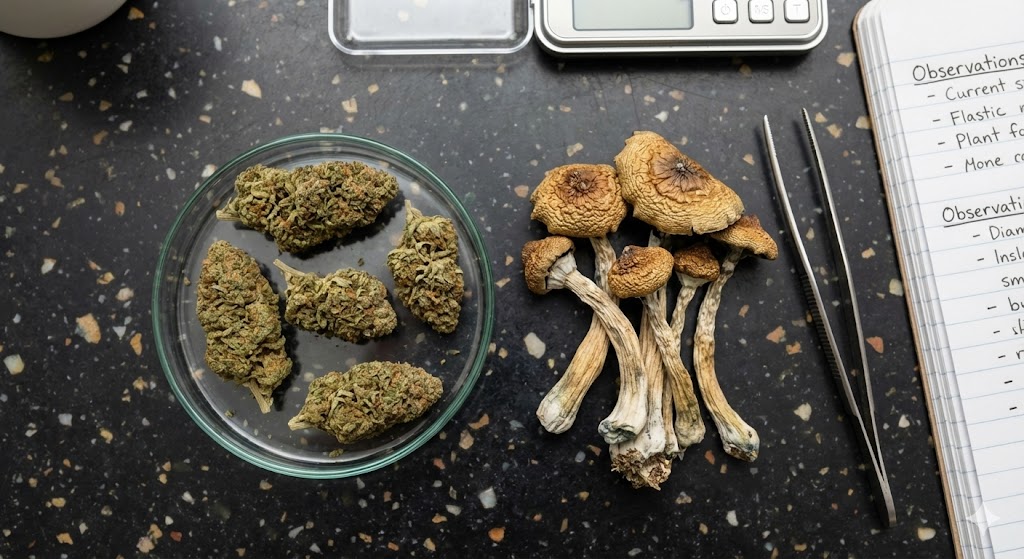
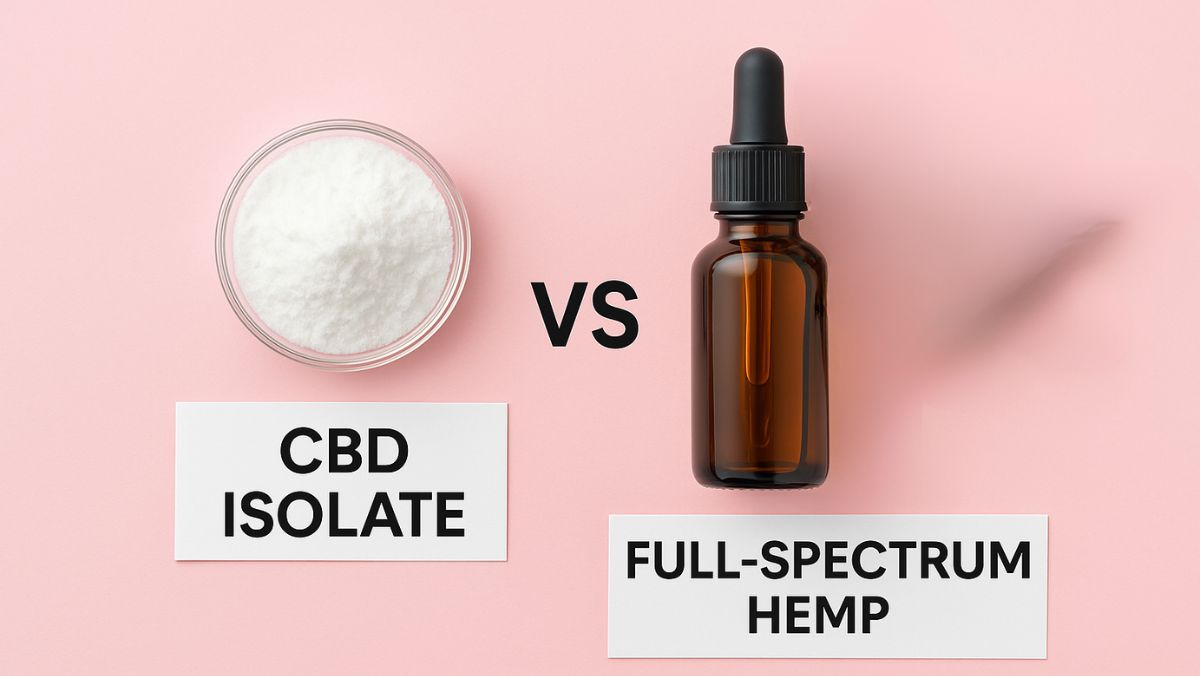




.jpg)
.jpg)






.jpeg)























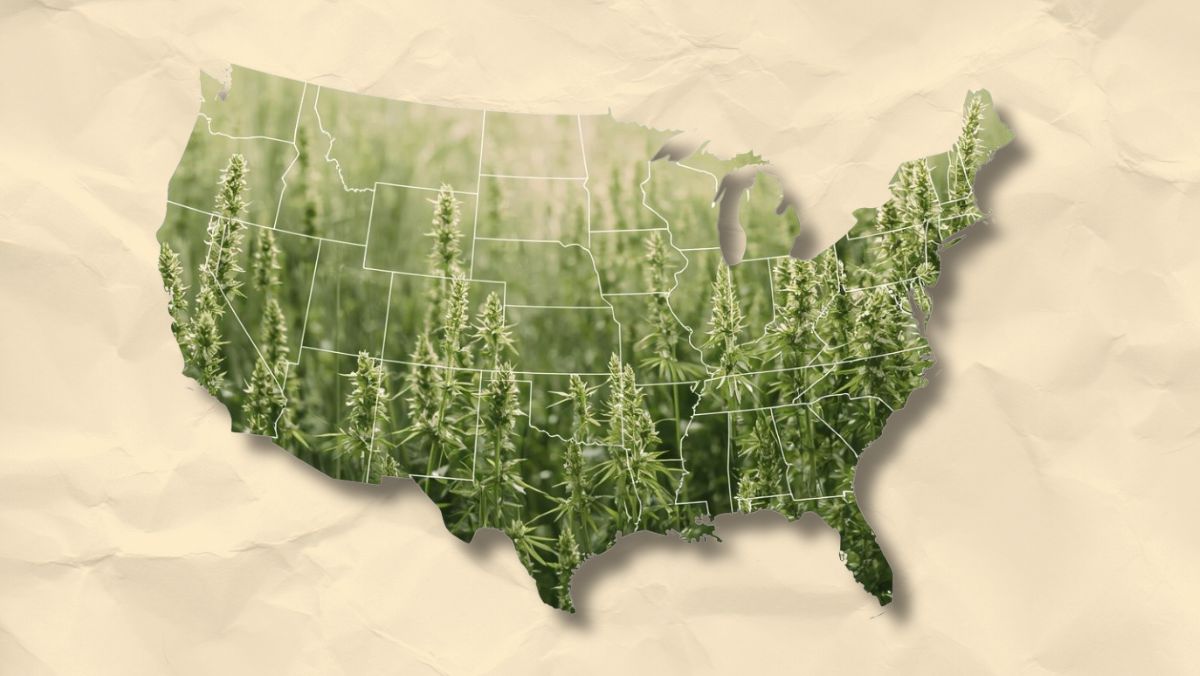
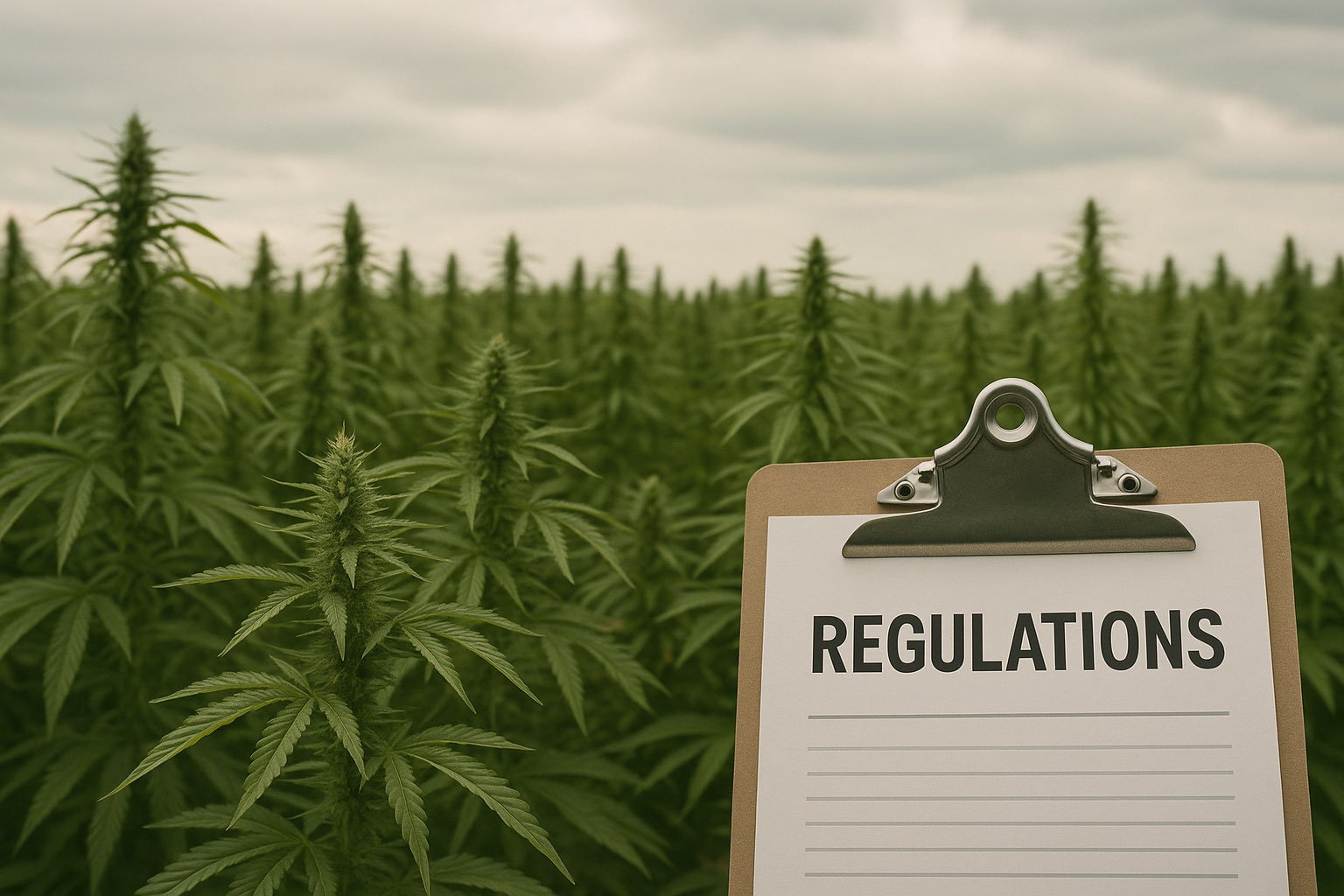



.jpg)
































.jpeg)


















.jpg)


.jpg)









(1).jpg)












.jpg)






.jpg)














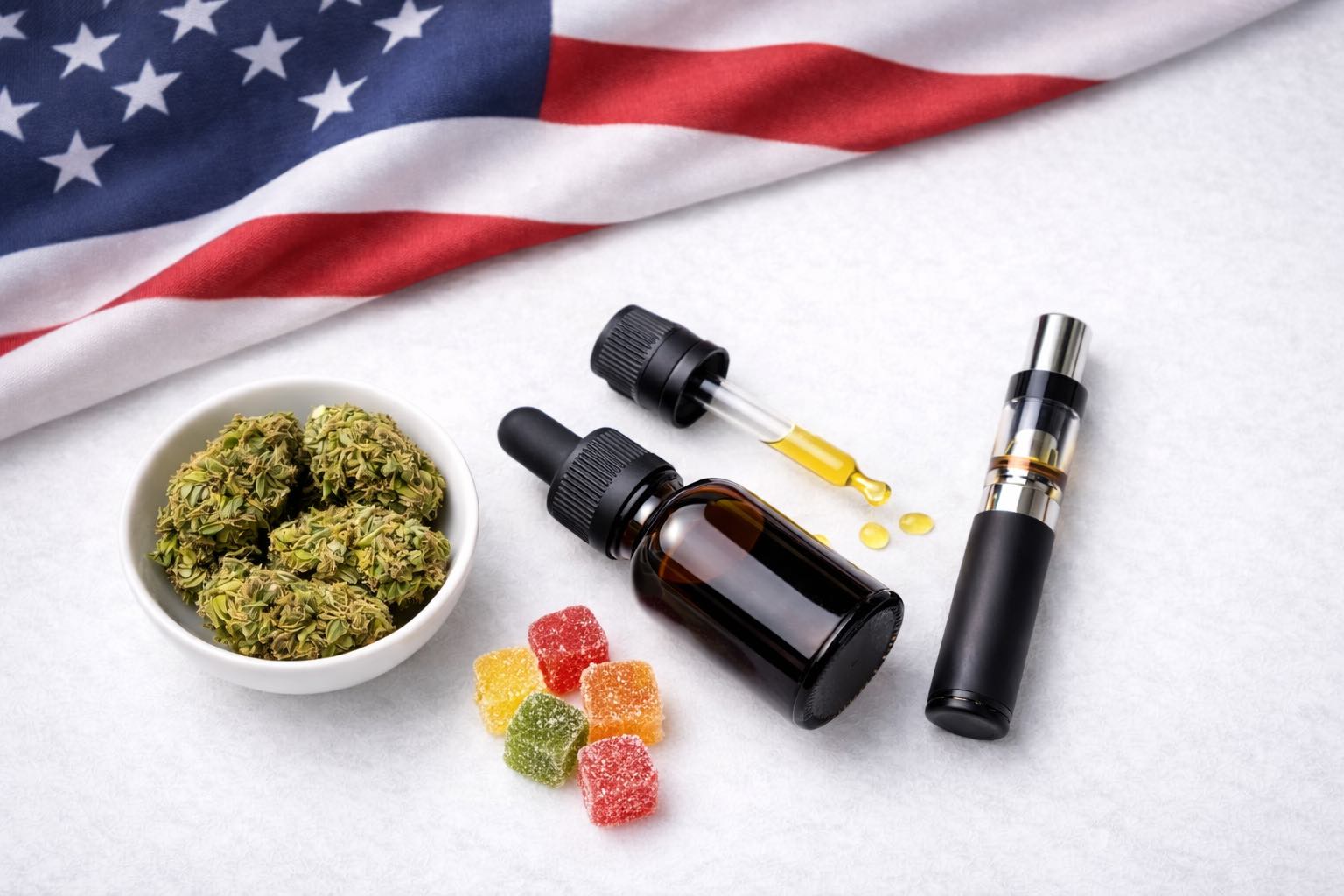
.jpg)








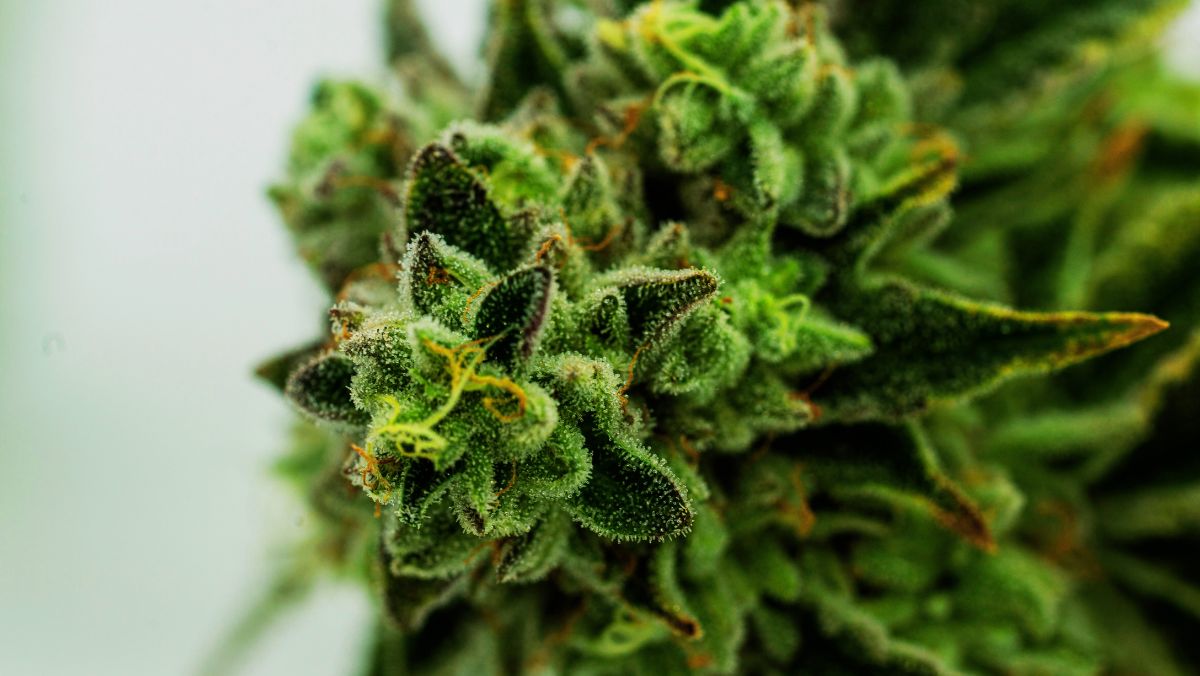




.jpeg)
.jpeg)











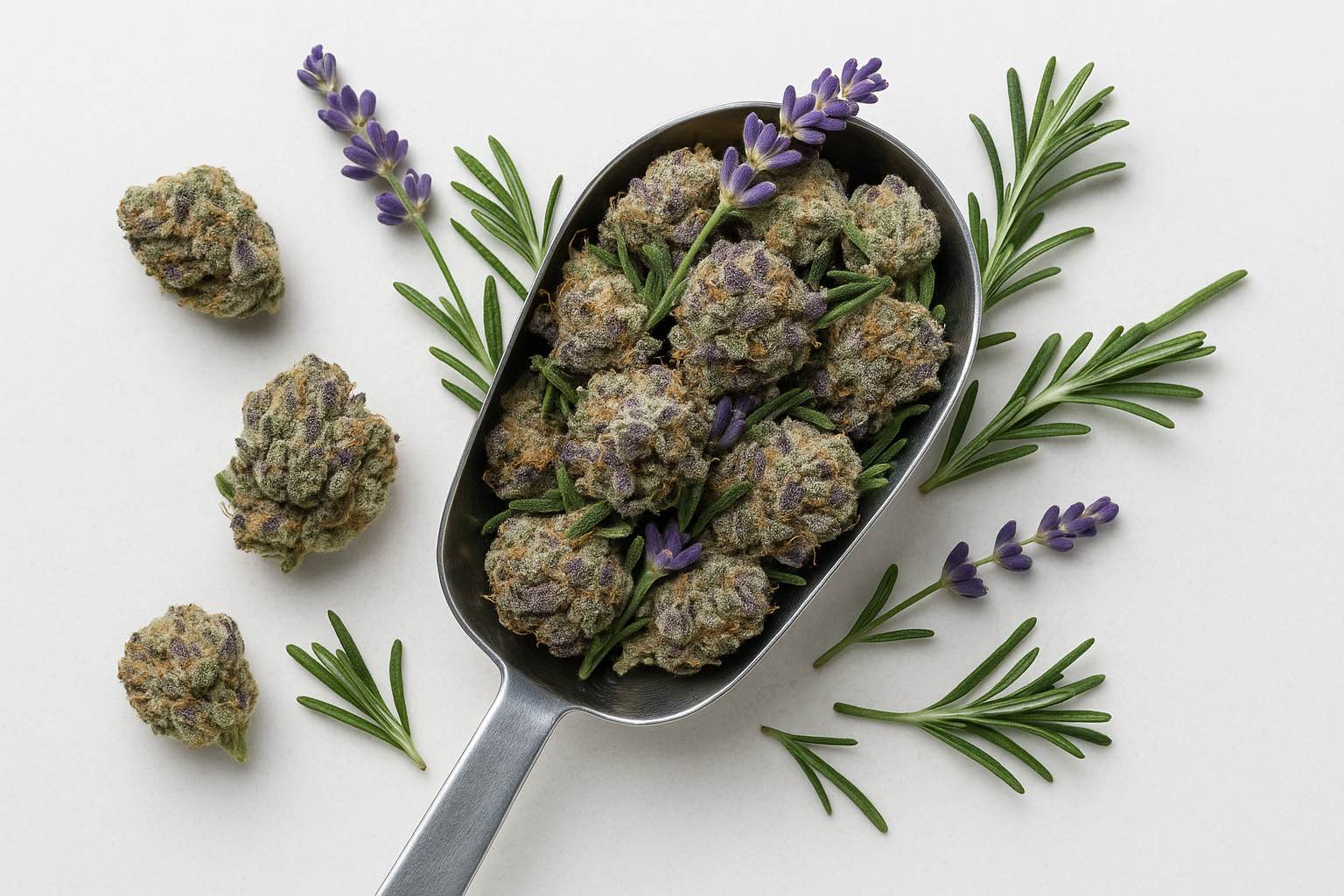







.jpeg)










.jpg)

.png)
.png)
.png)
.png)